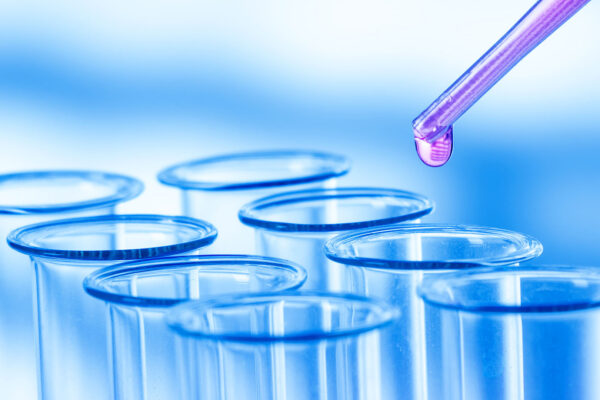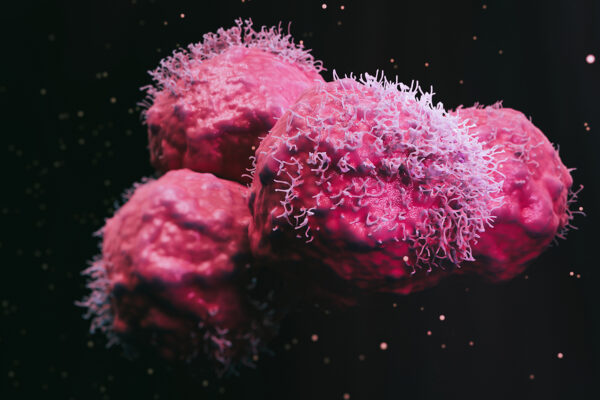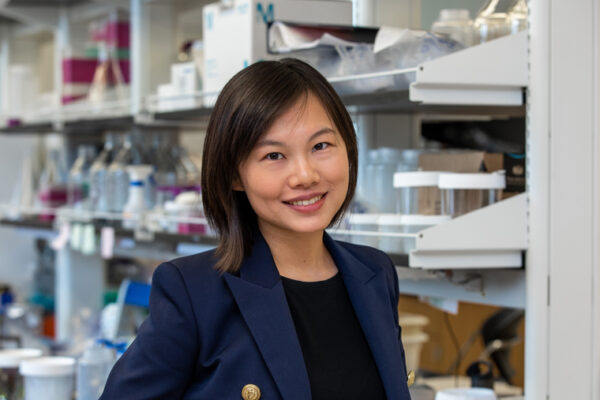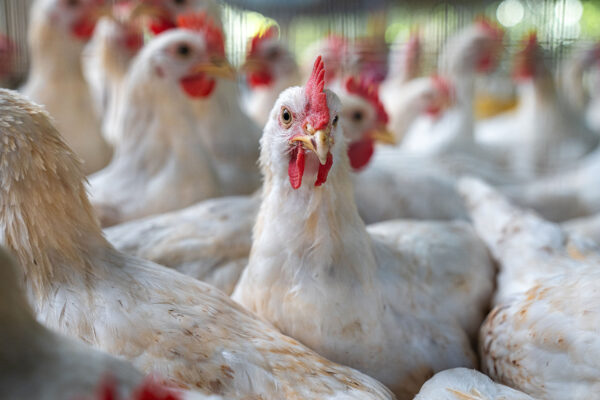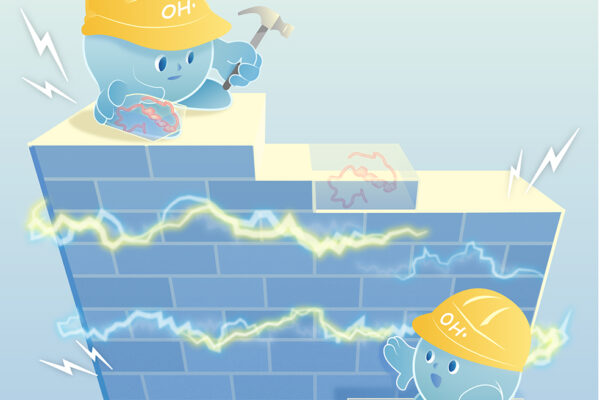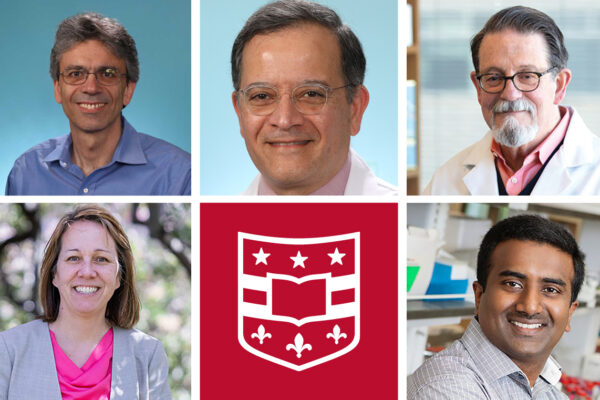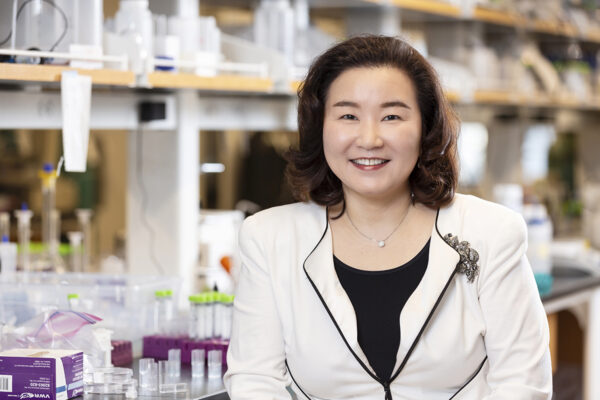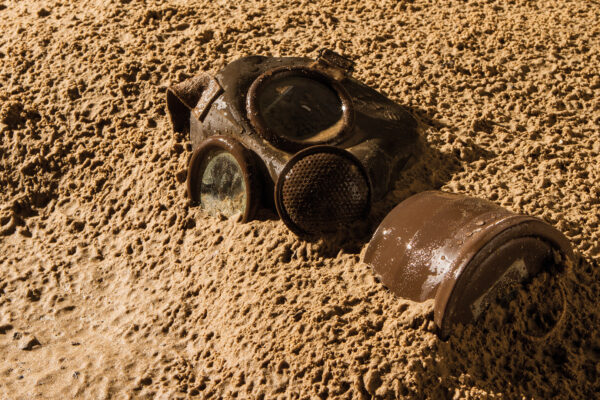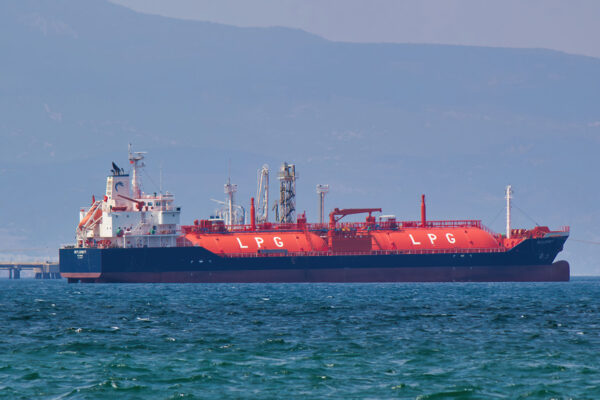Uncovering the electrochemistry of condensates
Researchers at Washington University are discovering the electrochemical properties of biomolecular condensates, which could help in development of treatments for cancer or other diseases.
Decades-long quest leads to new antibiotic compounds
A multidisciplinary team led by WashU chemists repurposed an antimalarial drug in the fight against antibiotic resistance.
How cells sense, remember their environments
A $2.2 million National Institutes of Health (NIH) grant will fund research in the McKelvey School of Engineering to explore how epithelial cells sense their environments and acquire mechanical memories.
Ling named ‘Rising Star’ in environmental research
Environmental engineer Fangqiong Ling, at the McKelvey School of Engineering at WashU, has been named among ACS Environmental Au’s “Rising Stars in Environmental Research.”
New biosensor can detect airborne bird flu in under five minutes
Researchers at the McKelvey School of Engineering have developed a sensor that detects airborne H5N1 avian flu and can be used on poultry and dairy farms.
Electrochemical field key to how dementia precursors ‘break bad’
Researchers at Washington University have found electrochemical rules for how toxic protein assemblies form, opening the way for better treatments of dementia.
Five named National Academy of Inventors senior members
Five researchers from Washington University have been named senior members of the National Academy of Inventors.
Jun receives women in chemistry award
Young-Shin Jun, a professor at the McKelvey School of Engineering, has been chosen to receive a 2025 Distinguished Women in Chemistry or Chemical Engineering award from the International Union of Pure and Applied Chemistry.
WashU to develop new tools for detecting chemical warfare agent
Chemists in Arts & Sciences at Washington University in St. Louis have received a $1 million contract from the Defense Threat Reduction Agency to develop a quicker way to detect mustard gas and prevent exposure.
Researchers to develop energy-efficient process to convert waste gases into biofuel
Engineers at Washington University will be working to improve energy efficiency in production of a potent biofuel thanks to a $2.1 million grant from the U.S. Department of Energy.
Older Stories

